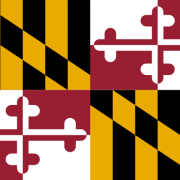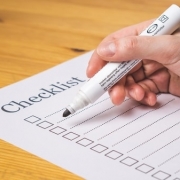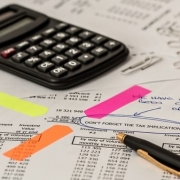Estate Planning Checklist
One of the greatest gifts you can leave your survivors is an organized estate. The time you spend now will help your loved ones to cope later, and also will ensure your wishes will be carried out.
No matter how modest, everything you own is considered your estate. Taking stock of what you own is the first step in understanding how best to protect it.
To start your estate plan:
- List the value of your home and other real estate along with cars, jewelry, artwork, and other physical assets.
- Gather recent statements from your bank, brokerage, and retirement accounts.
- Include the location and contents of any safety deposit boxes or safes.
- Make a list of all insurance policies, noting their cash values and death benefits.
- List all liabilities, including mortgages, lines of credit, and other debt.
- List family and other important contacts
- Specify Memorial arrangements and who should be notified
How an attorney can help you:
- State current desires for distribution of property
- Name a Health Care Power of Attorney
- Make decisions about the care you want if you are terminally ill
- Make decisions about organ donation
- Decide if you need a Living Trust or an Irrevocable Trust
- Name a Personal Representative/Trustee
- Provide for care for minors or disabled children
- Discover ways to minimize taxes and liabilities for your family
- Explore the benefits of making charitable gifts in your will or other gift plan
- Explore ways to avoid the probate process
- Manage your digital assets and your digital footprint after death – here is a great guide to get you started.












